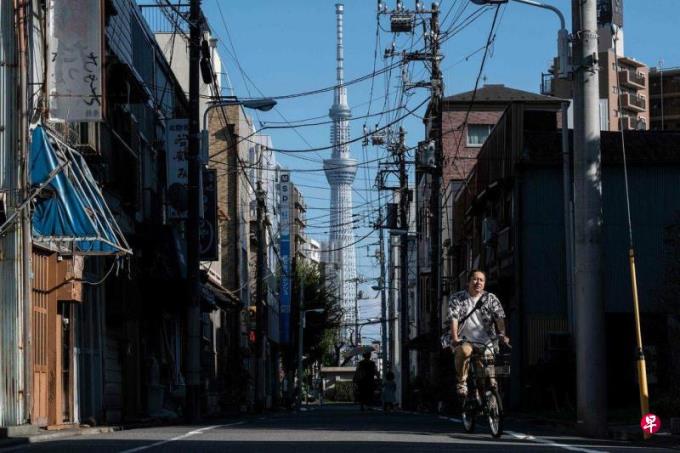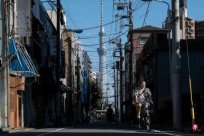
In August of this year, four Japanese female tourists dine near the Clarks in Singapore and ordered the Alaska crab recommended by the waiter.At the time of checkout after the meal, he was scared by the bill of Singapore 1322.37, and he also called the police to evaluate the manager, saying that the shop did not make the price clearly.
This news caused a Japanese netizen to be uproar. Many netizens said that they could understand the feeling of seeing the bill after dinner. The asking price of a crab (weighing 3.5 kg) was incredible.It's such a "sky -high price".
Some Japanese netizens followed the advice: "The devaluation of the Japanese currency, it is best to understand the local prices first." Some people believe that Japanese tourists have misunderstandings because they have always held the mentality of "cheap Asian countries" mentality.Essence
There are also no shortage of Japanese currency depreciation that causes the Japanese to spend a lot of consumption.There are posts: "People in Singapore restaurants must think that these tourists are from poor Asian countries."
The starting salary of graduates has not changed for 30 years
Although Japan is still the third largest economy in the world, the economy has stalled for 30 years, and the average salary of the Japanese has basically changed in 30 years.An old Japanese classmate who graduated in the 1980s lamented: "Thirty years ago, the first salary I received in the Japanese company at the time of graduation was 200,000 yen (at the current redemption rate, about 1828 yuan).The daughter received 220,000, which was only 20,000 yen more than my original salary. "
Japan's best -selling books in Japan wrote that Japan's salary is stagnant. The current first salary of Japanese college graduates is one -third of Switzerland, and the annual income of 30 -year -old Japanese scientific and technological talents is only half of similar talents in the United States.The average annual income of residents has an average annual income of 12 million yen.The author of this book pointed out that these salary in San Francisco is a "cheap residential area" resident in the United States.
McDonald's Big Burger is often used to mark the strength and purchasing power of the yen.According to data from the Japan Broadcasting Association, the price of Japan's Big Macs is about 60%of the United States, which is 100 yen cheaper than Thailand.
The Japanese Economic News has also been the title "World Ramen How much? (How much money)", with the economic gap between Japan and countries.The article pointed out that the price of ramen in many countries is above 800 yen in Japan. The first expensive is New York, USA. In addition, a bowl of taxes for a bowl of ramen cost $ 21.50 (about S $ 29.45).
The Japanese civil servant lived in the hotel for their own safe self -preferential pocket
Japanese civil servants' business trips calculated travel expenses and accommodation expenses based on the travel expenses issued in 1950.At that time, the standard of 20,000 yen housing fees at that time remained unchanged. It was more than enough to live in a luxury hotel in that era.20,000 yen may only live in the suburbs of New York.
Some Japanese civil servants vomit bitter water and said, "Less than 20,000 yen, it is basically impossible to stay in a decent hotel. For my own safety, I sometimes pay my own pocket."
In the past 30 years, the stagnant salary has caused the Japanese to lose their minds and no longer pursue material life. This may also cause the Japanese economy to restart vitality.The depreciation of this round of yen is not necessarily a bad thing for Japan. When seeing its own spending power decline in other countries, it is likely to inspire the Japanese's determination to work hard.




